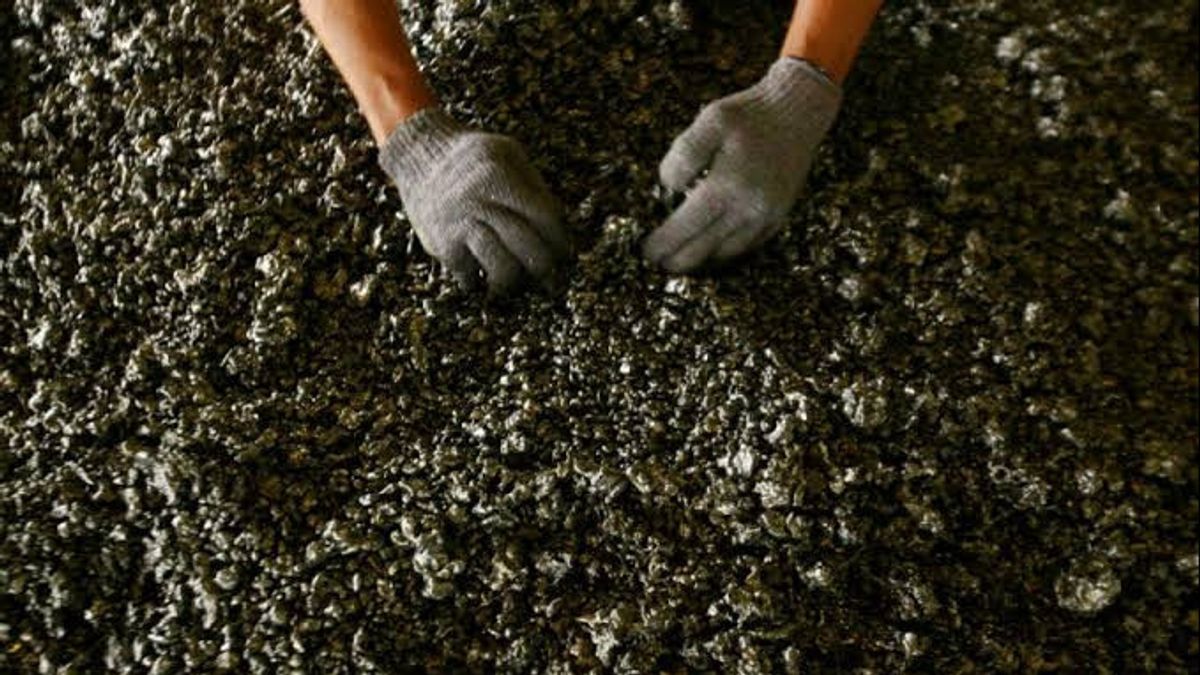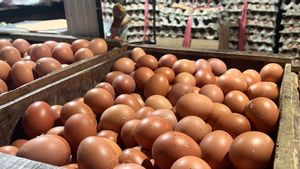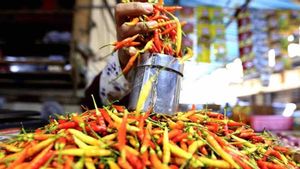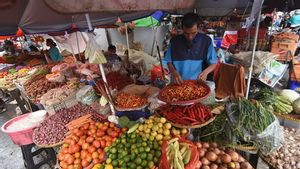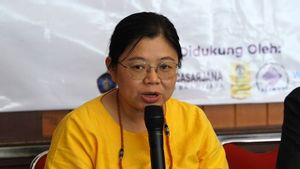JAKARTA - Member of Commission VII DPR RI Mulyanto asked the Government to evaluate the implementation of nickel downstreaming that has been running so far.
Mulyanto asked the government not to be too eager to increase the export capacity of nickel which resulted in the excessive supply of nickel in the international market and resulted in falling prices.
Mulyanto also asked President Joko Widodo to comprehensively review the nickel downstream program for optimal state financial revenues and community welfare.
"Don't drain nickel reserves for semi-finished products such as ferronickel and NPI (nickle pig iron) at low selling prices like today. Especially if this industry uses dirty energy and the waste is thrown into the sea," Mulyanto said in his statement to the media, Monday, February 12.
Mulyanto also assessed that the smelter operation was also carried out recklessly so that it had killed many workers.
He suspects that if it is calculated carefully, maybe the downstream program that Jokowi is proud of will actually be detrimental. With the large incentives provided by the Government for the smelter industry, when the selling price of nickel has fallen as it is today, it could be that the state revenue is minus the profit.
"With the decline in the price of nickel, it certainly hits business actors in this commodity sector. Even if our miners have not gone out of business today, as has happened in several nickel-producing countries, this is because some of our mines are integrated with smelters, and supported by the Government," Mulyanto explained.
To note, the world's nickel price continues to fall from March 2022 when the price of 48 thousand US dollars fell to 19 thousand US dollars in July 2022. The price continues to decline until now to 15 thousand US dollars in 2024.
"This condition is suspected to be due to oversupply for Indonesian nickel production, as well as due to the demand for sluggish nickel commodities," concluded Mulyanto.
The English, Chinese, Japanese, Arabic, and French versions are automatically generated by the AI. So there may still be inaccuracies in translating, please always see Indonesian as our main language. (system supported by DigitalSiber.id)
